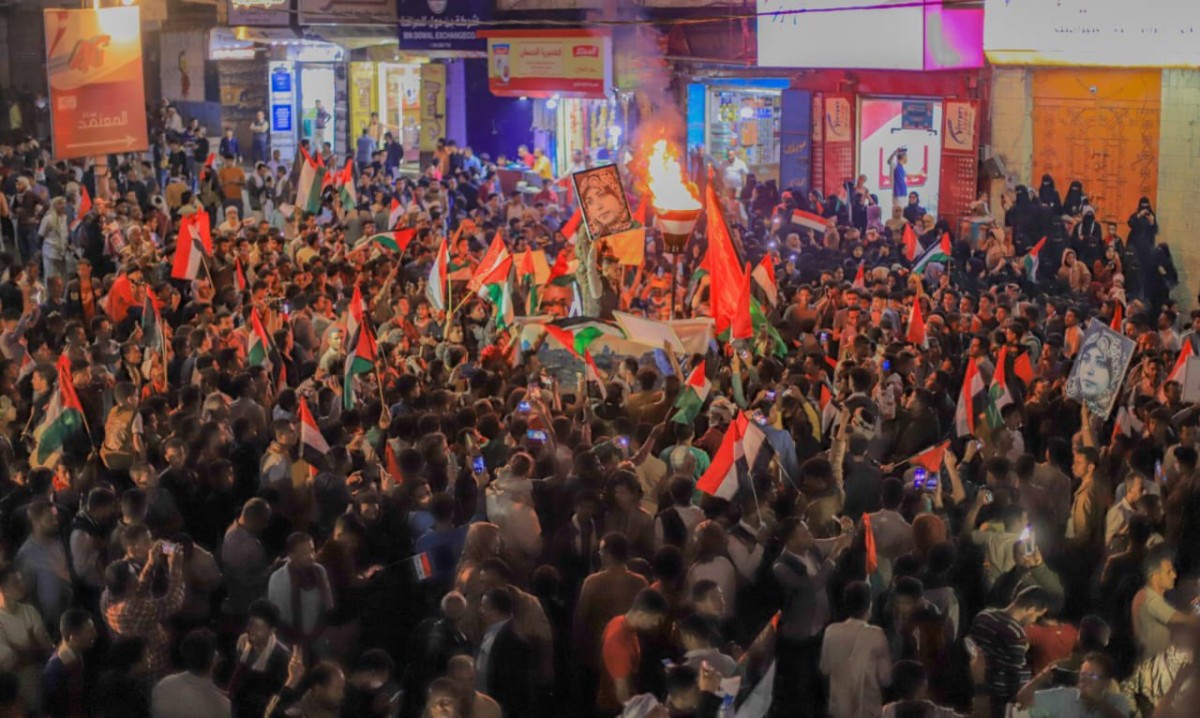The February Nakba...the 13th anniversary of the Brotherhood chaos that tore Yemen apart


Today, Sunday, marks the 13th anniversary of what became known as the “February 11 Nakba,” which tore Yemen apart and plunged it into a dark tunnel.
In 2011, fate catapulted the Brotherhood and the Houthis from the streets and mountains to power in the country, according to what observers say.
The 13th anniversary comes while Yemen is experiencing the worst crises, as that Nakba paved the way for the Houthi group to control the country and destroy its institutions and infrastructure to work to bisect and divide Yemen.
Observers believe that “everything that has happened and is happening for more than a decade in Yemen is a product of the February chaos in which the Brotherhood took control of the scene and used it as a means to reach power through a major process of corruption that sparked the war and destroyed the state.”
Service collapse
An economic, service and institutional collapse, high rates of poverty and unemployment, and a severe humanitarian crisis were the results of the chaos of February 13 years ago when the Islah Party, the political arm of the Muslim Brotherhood in Yemen, took control, and after that the Houthi war exploded.
Yemeni educator Muhammad Hazza (55 years old) said in his interview with Al-Ain News that, due to the poor living conditions and instability of the country since the catastrophe of February 2011, his salary is no longer enough to buy the simplest basic foodstuffs.
p>He added, "During the rule of the late President Ali Abdullah Saleh in the country, the salary I received from my work in the educational field was enough for more than a month, but now it is no longer enough even to buy a bag of flour or sugar."
Hazza pointed out that what happened after the Brotherhood’s “February Nakba” plunged Yemen into a sea of crises and plunged it into a dark tunnel, dragging the country into a war that is still raging to this day after paving the way for the Houthis to Sana’a and to all Yemeni governorates.
p>Houthi-brotherhood alliance
The Brotherhood and the Houthis rose against the Yemeni state to destroy its republican system, until they overthrew it, and the Brotherhood ascended to power, then presented the country on a golden platter to their partners in the arenas, the Houthis.
According to Yemeni political researcher Salah Abdel Wahed, “The youth came out with a spontaneous dream, demanding change, until the Brotherhood came climbing into this youth momentum to take the lead on the scene, arrest the youth’s dream, and turn the scene into chaos that serves their interests, goals, and suspicious agenda.”
Abdul Wahid said to Al-Ain News, “The Brotherhood turned the youth’s enthusiasm into chaos through their tools through which they wanted to reach power through chaos, devastation, and false oppression, which made them receive the Houthi militias as heroes and oppressed, so that the arenas of change would be the first cradle of the Houthi-Islah Party alliance.” ".
He pointed out that "this opened the way for the Houthi militias, which had previously fought six wars against the Yemeni army in Saada Governorate during the years 2004 and 2009, until they were unable to leave the Maran Caves."
During 13 years of the revolution, which turned into a catastrophe, during which the Houthis looted institutions, emptied the army, and plunged the country into a dark tunnel, according to the political researcher.
Observers believe that the Brotherhood in Yemen, despite their hijacking of the dream of the youth, failed to bring about any positive change, and the result was that they handed over power on a golden platter to the Houthis, and they tore apart and plunged the country into a bloody Houthi war for a decade.